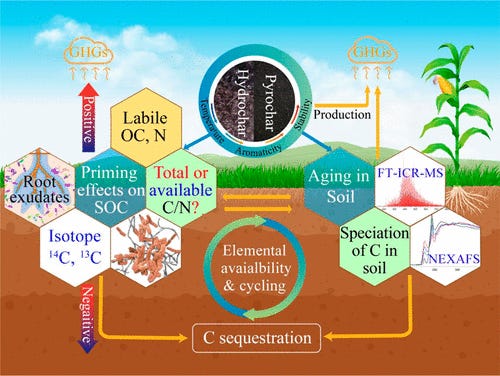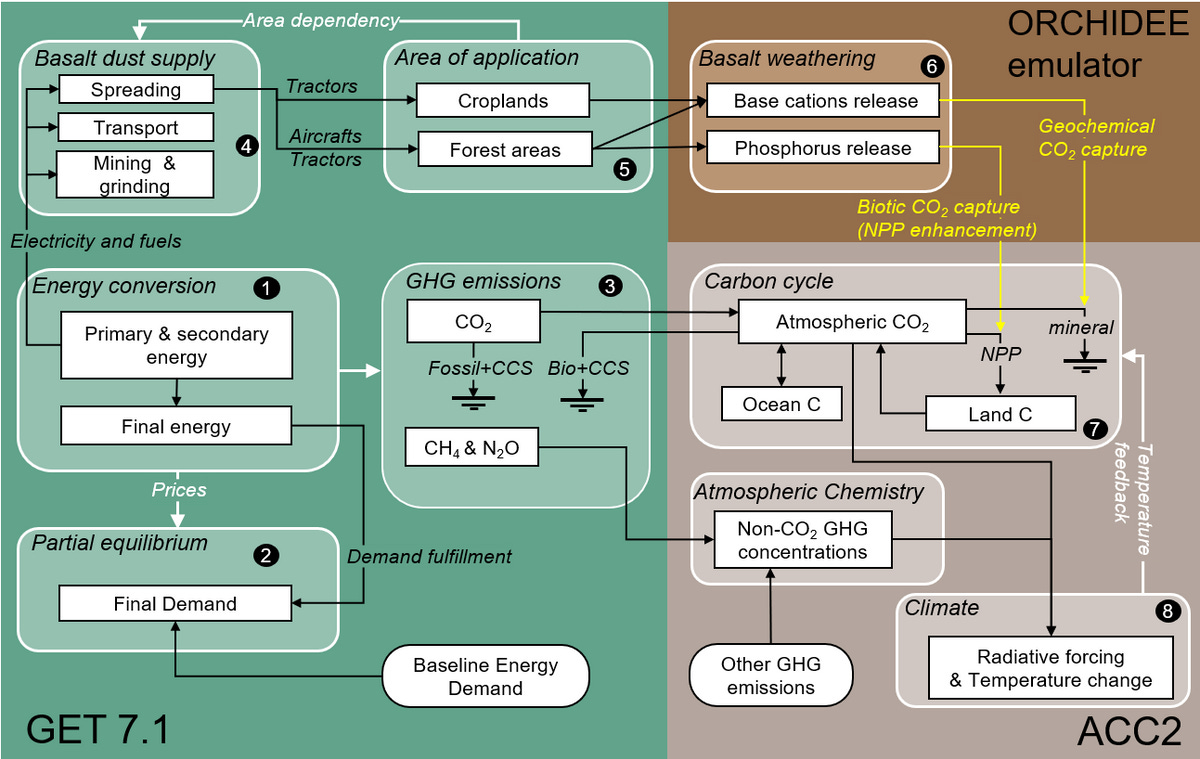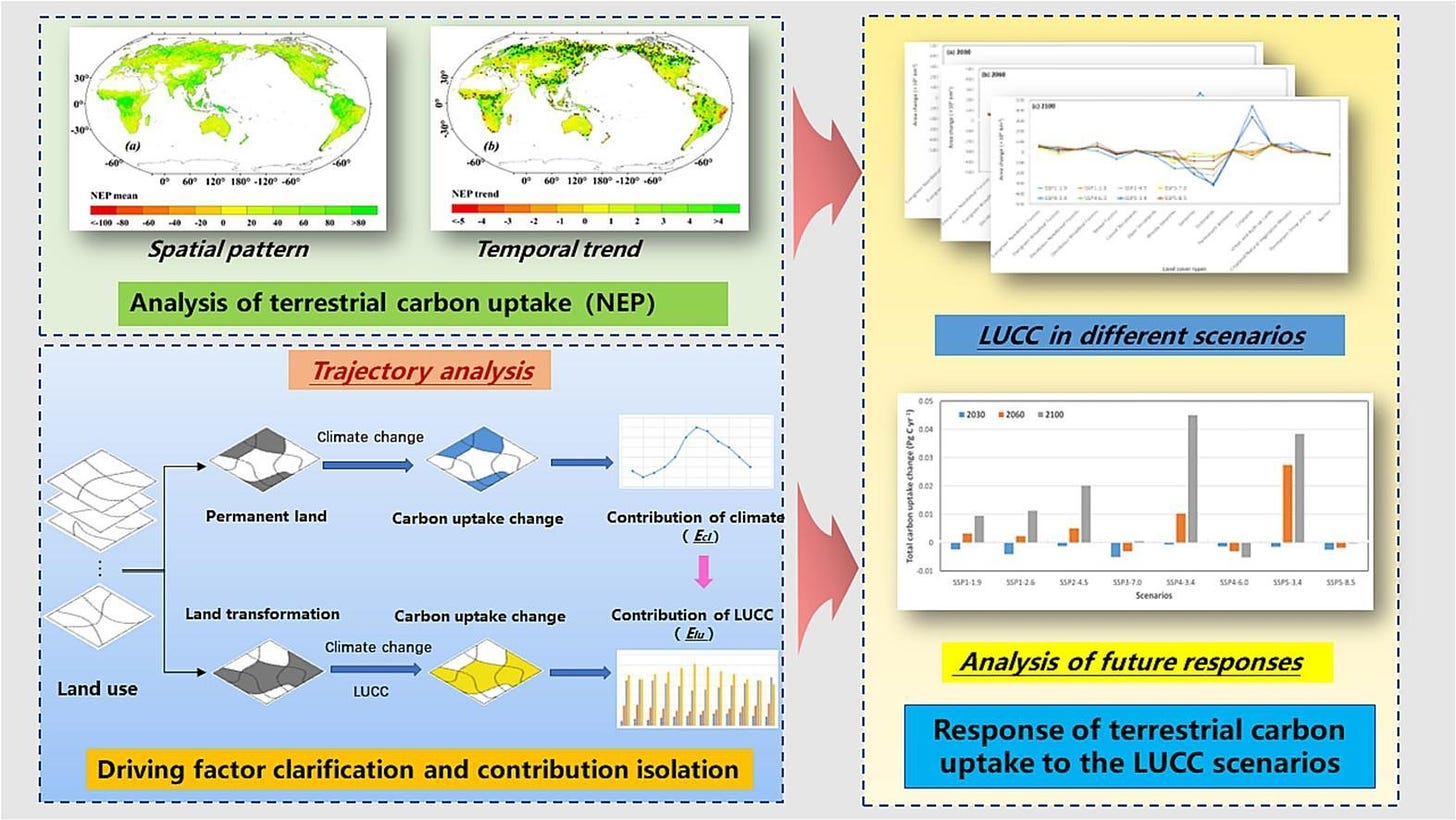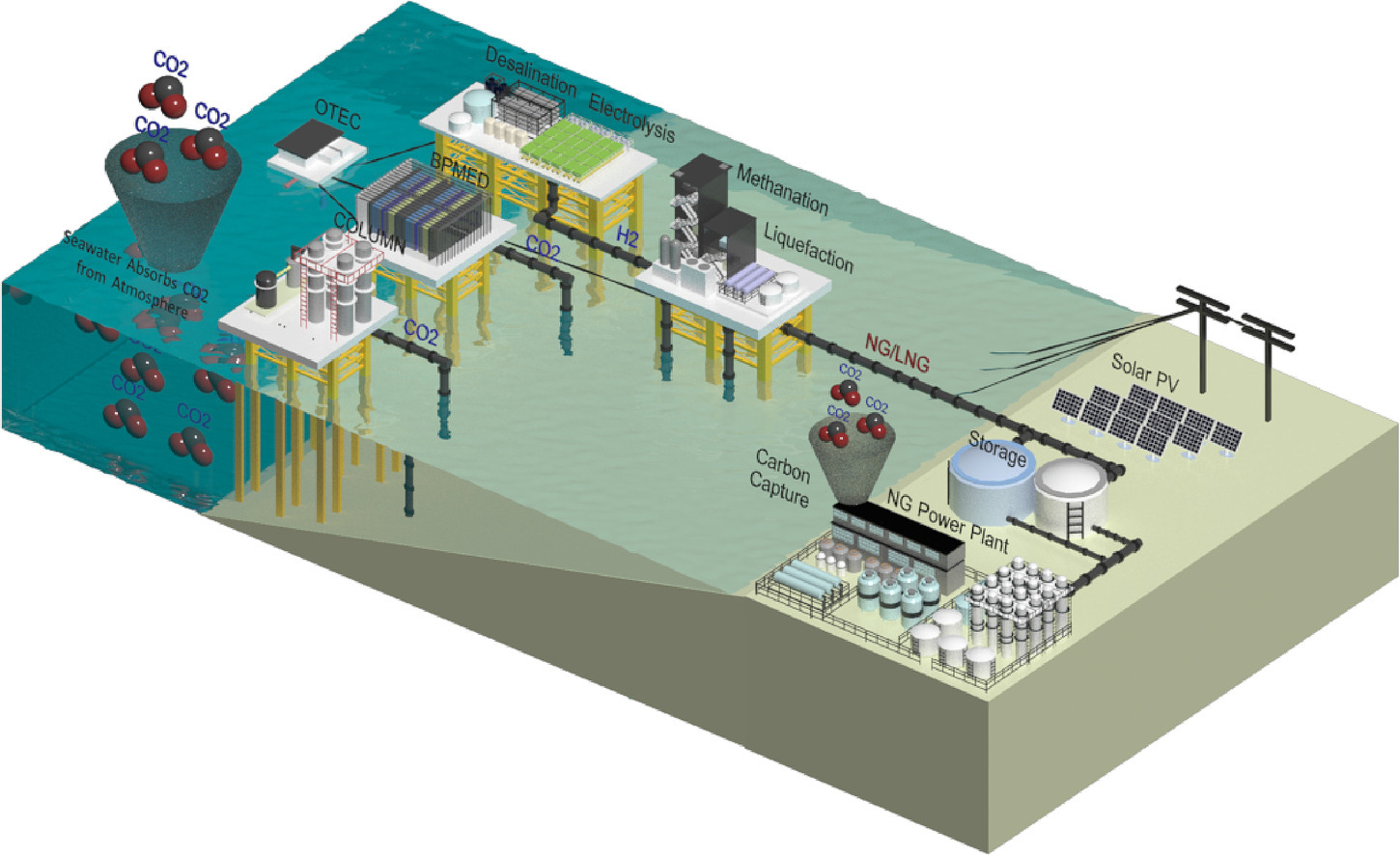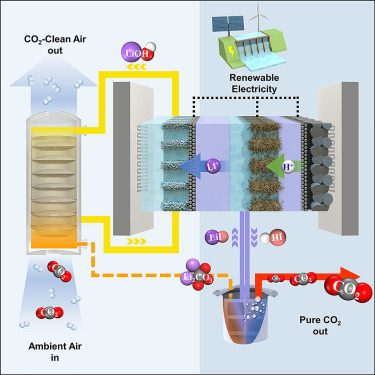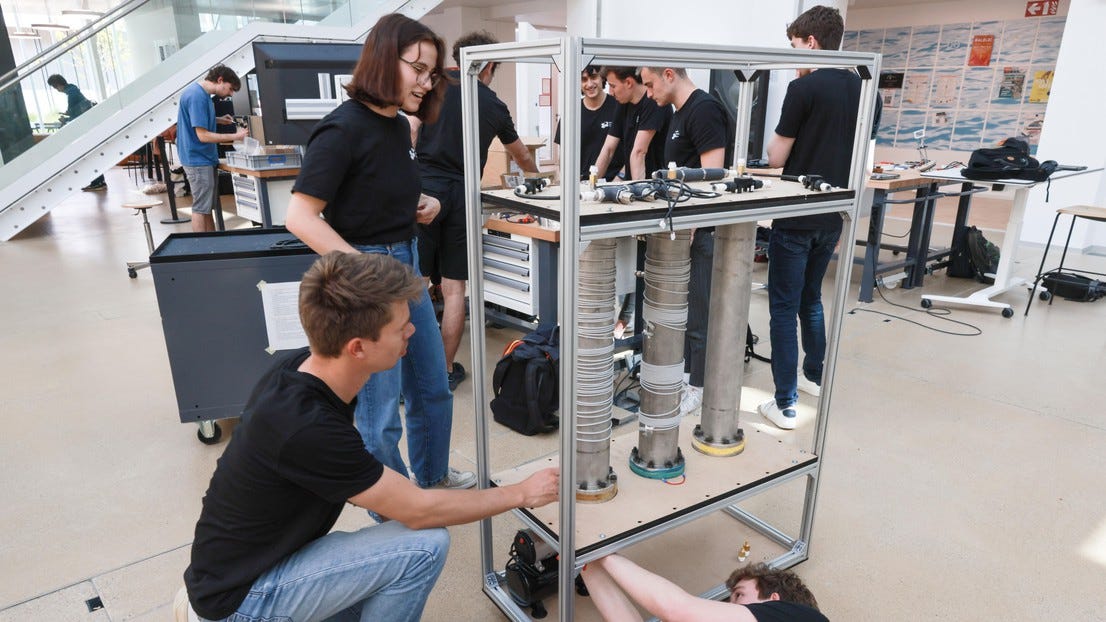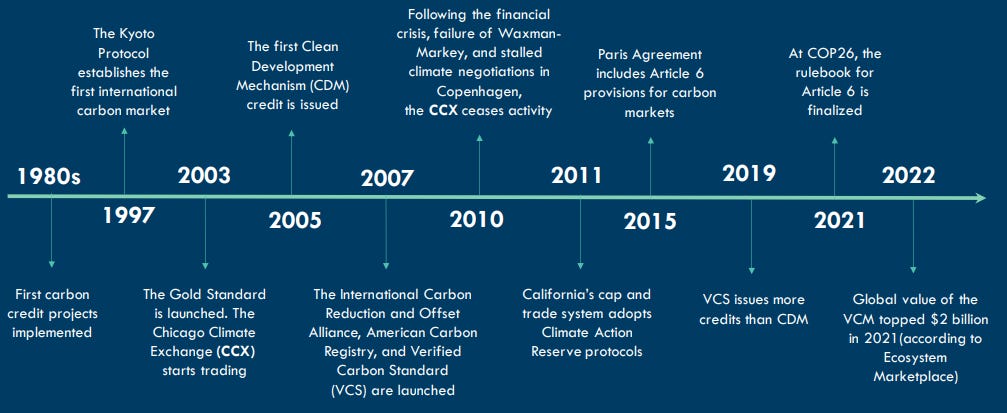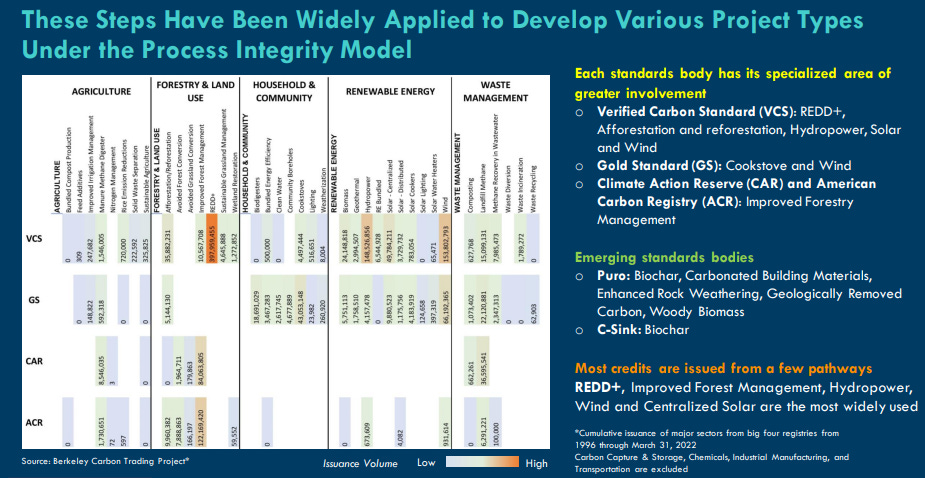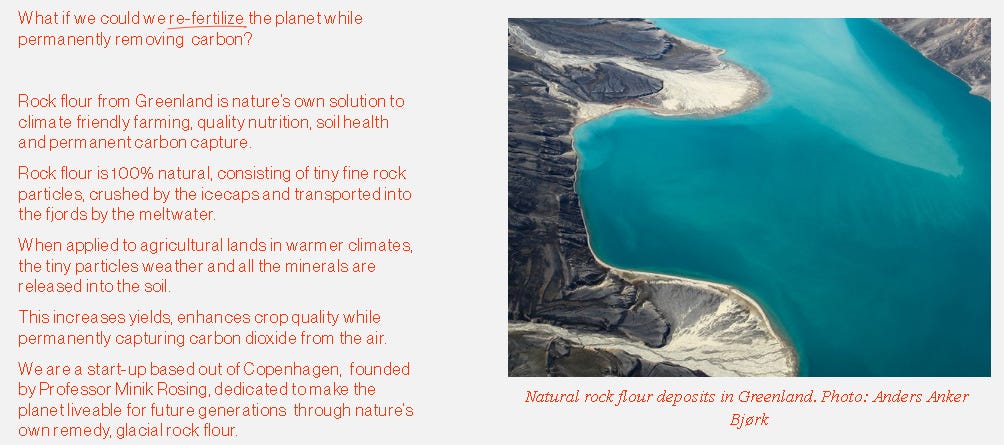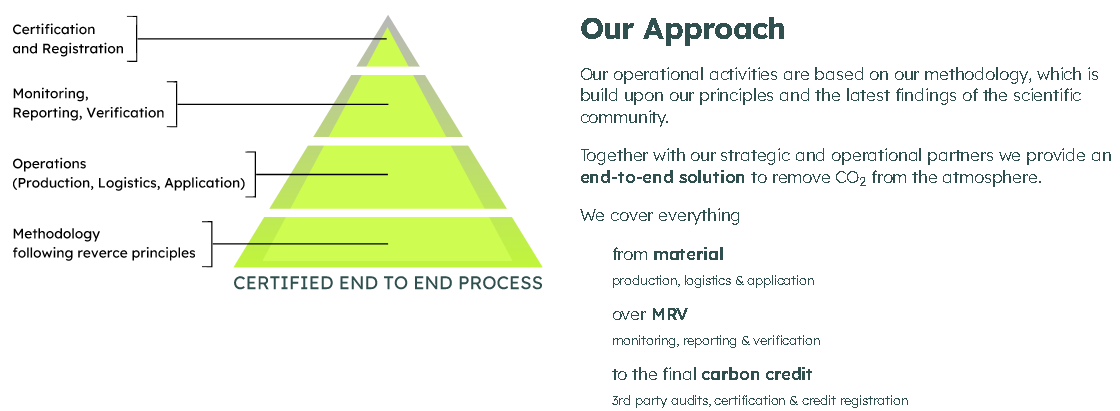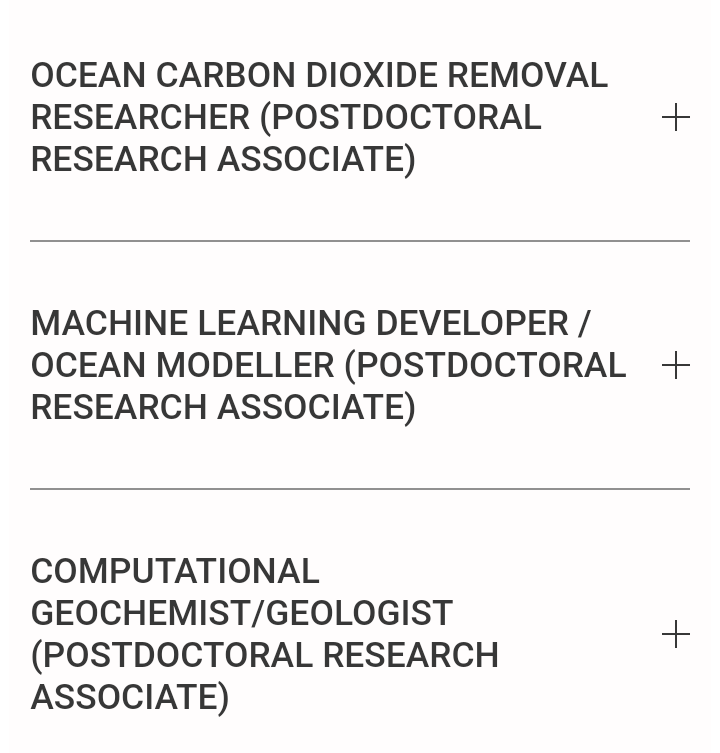Share Carbon Removal Updates
Share Carbon Removal Updates
“Carbon180 is reversing two centuries of carbon emissions. They work with policymakers, entrepreneurs, and peer organizations across the US to design policies that will bring necessary carbon removal solutions to gigaton scale.”
“Centre for Energy Resources Engineering (CERE) at DTU Chemistry is seeking a talented PhD student to contribute to this DemoBECCS project.
The project aims to tackle bioenergy with carbon capture and storage (BECCS), a CCS technology to achieve negative carbon emissions. The storage research in this project will focus on the challenges posed by the impurities from biogenic CO2 sources and the storage of biogenic CO2 in depleted oil reservoirs.”
“Living Carbon is a public benefit corporation with a mission to responsibly rebalance the planet’s carbon cycle using the inherent power of plants. We believe that gigaton scale CO2 drawdown will only happen if solutions are both beneficial to the environment and profitable to landowners. We’ve developed photosynthesis-enhanced seedlings that capture carbon faster on underperforming and degraded land. In addition to improving carbon capture rates we are also working on extending the durability of nature based sequestration. We’re backed by some of the most prominent investors in Silicon Valley including Temasek, Toyota, Felicis Ventures, Y Combinator, and Chris Sacca of LowerCarbon Capital.”
“Fuelled by the goal of making a lasting impact by 2030, Rethinking Removals is a collaborative and visionary not-for profit organisation focused on making all of this happen. Operating with a dynamic and entrepreneurial spirit, it convenes highly targeted groups of stakeholders from key parts of the ecosystem - who then systematically identify and close the gaps that are stopping high-quality carbon removals from developing at the exponential speed we need.”
“The Postdoctoral Scholar will work under the guidance of Dr. Dan Sanchez (UC Berkeley) and Dr. Haris Gilani (UC ANR). Research will involve conducting geospatial, lifecycle, and techno-economic research on biomass, biofuels and carbon dioxide removal.
The position will focus on forest biomass conversion to fuels. The work will involve conducting literature reviews, gathering and analyzing data, conducting techno-economic assessment (TEA), lifecycle assessment (LCA), and geospatial analysis, drafting reports/papers, and potentially preparing grant applications.
The work will require developing and maintaining close collaborations with stakeholders including the state and federal agencies, industry, research institutions, non-governmental organizations (NGOs), forest landowners and the public.”
“Terradot is high integrity MRV platform accelerating carbon removal and storage in soil.”
“We are an early startup with a big vision - capture 0.5GT of global CO2 emissions from the air by 2035 through biotechnology, roughly the same weight as all humans on earth combined! To meet our climate targets the reduction of CO2 emissions is not enough, the world actively has to capture billions of tons of CO2 from our atmosphere. To achieve that we at Ucaneo develop the world’s first biomimetic Direct Air Capture technology to remove CO2 from ambient air. We are a science and mission-driven team, fast-moving with a break-or-make attitude. Our lab is at Campus Buch Berlin, one of the biggest biotech parks in Germany. Our office is located in the heart of Berlin, at Torstraße 110.”
“Itinnera Solutions is a climate company on a mission to remove millions of tons of carbon dioxide from the atmosphere while enabling the global agricultural industry to shift toward more sustainable farming practices. Founded by the leading academic authority on Greenlandic geology, the company intends to carefully harvest glacial rock flour (GRF) from large natural deposits in Greenland and export it to croplands across the world. Once transported and spread out on agricultural soils the rock flour provides essential nutrients to the soil to boost crop yields and permanently captures CO2 from the atmosphere via the well-understood method of enhanced rock weathering (ERW). This double-value proposition makes it possible to profitably harvest, transport and sell Greenlandic GRF around the world.”
“The Eisaman Lab for Carbon Removal and Clean Technologies at Yale University is open to prospective postdocs, graduate students, and undergraduates from a wide range of fields in science and engineering with interests in carbon dioxide removal. Students are encouraged to get in touch if they are interested in joining the lab.”
“In this episode of the Carbon Conversations podcast, we dive deep into the world of carbon removal with Hans-Peter Schmidt, Head of Carbon Strategies at the Ithaka Institute.”
“We’re at a global climate tipping point. Along with policymakers, public-private partnerships, and political will, technology is central to solving our planet's biggest existential threat. One solution that’s gaining momentum: buying and selling carbon credits. The market value for carbon credits is huge – it could be worth more than $50 billion by the end of the decade. But accessing these markets can be complex, and navigating them can demand significant investments of time and resources for businesses. But what if helping remove carbon from the atmosphere was as easy as a click of a button? Brennan Spellacy is the Co-Founder and CEO of Patch, a platform that enables access to 115+ verified carbon removal projects worldwide – like carbon mineralization in concrete, reforestation, and direct air capture – helping companies to achieve their corporate net-zero goals and embed climate action into digital products and services. Brennan joins the podcast to discuss the mechanics of carbon credit buying and how software makes this process easier; lay out the business case for participating in carbon markets; and highlight opportunities for climate tech growth and investment in the years ahead.”
“This month, there’s been a flurry of business news in the CDR world. We’re taking August off from the show, but before we go we’re going to dive into 10 stories that broke in the last few weeks, that have big implications for the carbon removal industry.
On this episode hear about companies putting CO2 into concrete, plastics, and fuel, new investment funds, announcements of new engineered carbon removal facilities, and analysis of the macroeconomic conditions the industry is facing.
To explain what’s behind these headlines, we’re by our regular business panel, Susan Su and Na’im Merchant.”
“Antti Vihavainen is the Co-founder and CEO of Helsinki-based Puro.earth, a leading crediting platform and registry for engineered carbon removal. In 2021, NASDAQ acquired a controlling stake in Puro, helping further establish its credibility in the marketplace. Puro is actively offering engineered carbon removal credits today for a few dozen projects that primarily consist of biochar and bio-construction initiatives.
In addition, Puro has an initiative called Puro Accelerate that enables buyers to purchase essentially futures credits for other forms of carbon removal that still need to produce at scale, but which Puro has deemed highly credible and likely to produce in the near term. Puro Accelerate’s projects include efforts in direct air capture, bioenergy with carbon capture and storage (or BECCS) geologically stored carbon, woody biomass burial, and additional biochar projects.
Antti and Cody trace how Puro came to be, and cover the details of their current registry offerings and futures offerings. They discuss Puro's business model and how they compare to other carbon credit and offset registries. Additionally, Antti shares his thoughts on how he sees carbon removal scaling in the years to come.”
“When you’re born into a winemaking dynasty, there’s a lot of momentum to carry on the family business. But also a lot of pressure to make your own mark. Carlo Mondavi is the co-founder and Chief Farming Officer at Monarch, creators of the Monarch Tractor, an electric smart tractor that may offer a better and safer product than conventional diesel tractors. Today he joins Siobhan Montoya Lavender and Ross Kenyon to discuss.
The conversation begins with Carlo's heartfelt motivation behind creating the Monarch Tractor. Witnessing the devastating loss of biodiversity caused by conventional herbicides, Carlo was inspired to find a regenerative agriculture solution that would reduce herbicide usage while ensuring a safer, more eco-friendly farming experience. The Monarch Tractor provides a more mechanical solution than one that deeply changes the microbiota.
But sometimes it’s hard to change minds, and offering a better solution rather than finger-wagging can often be a better way to proceed. With or without subsidies, can the Monarch tractor succeed in changing one of the most common farm tools used?
Tune in to this episode to explore the efforts of Monarch Tractor to change farming and learn about their story to become the Tesla of farming.”
“This week we are pleased to welcome Carba founders CEO Dr. Andrew Jones and Senior Advisor Prof. Paul Dauenhauer to This Is CDR to discuss the company's method of long-duration CDR via biomass torrefaction and burial (BTB).”
“This session is designed to be an open presentation about why we started the Kiloton Fund, what our intent is, and how interested companies can apply. Includes 40 minutes of Q&A from startups attending the FAQ.”
“Kicking off the Ocean-Climate Solutions Innovation Exchange, emerging innovators convene to talk oceans, climate, and scalable solutions.”
“The team of students is working on a unique prototype that uses graphene membranes combined with a porous, sponge-like material to pull carbon from the atmosphere. The technology will soon be tested on an EPFL campus, with the captured CO2 used to produce carbonated water.”
“Gaël is our CTO and has been suffering from a decade-long passion for unlocking the potential of CO₂ as a resource using electrochemistry. He gained his PhD in Chemistry from the University of Bristol, specializing in experimental and theoretical approaches in CO₂ electrolysis. In the final stages of his PhD, he joined Deep Science Ventures, thereafter co-founding Mission Zero and Supercritical Solutions, both of which aim to address the cost of two fundamental industrial building blocks: CO₂ and H₂. He also loves fermentation.”
“This talk was presented as part of the Green Carbon Webinar Series. Visit www.greencarbonwebinar.org for free registration to future talks and www.enchar.co for your biochar procurement.”
Leave a comment
Share





